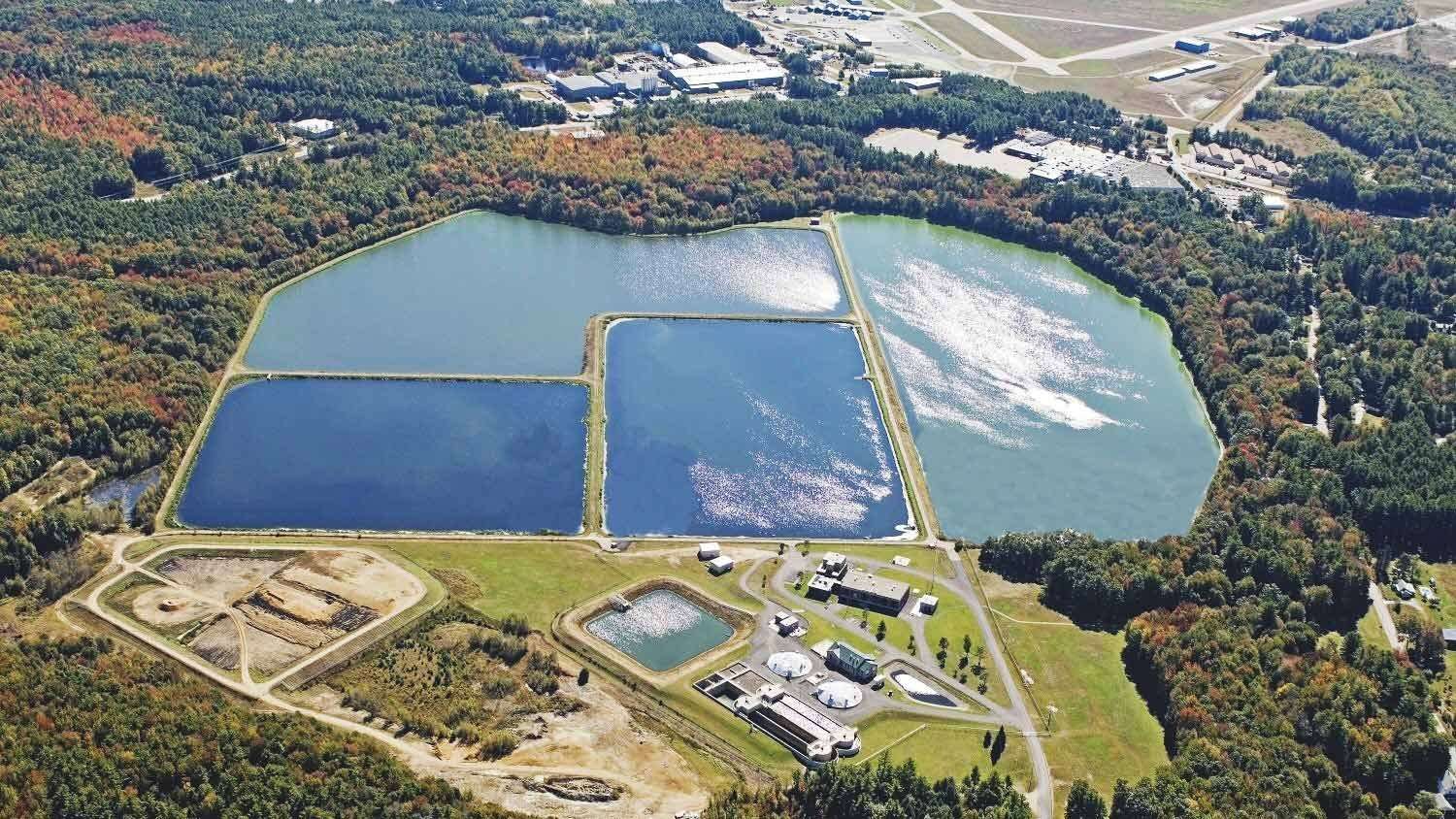Sewer Rates to Increase 9%, Staggered Over 18 Months
- November 13th 2022
- City News
- Sanford Sewerage District Sanford Water District

At a public hearing held October 27, 2022, Sanford Sewerage District Superintendent André Brousseau presented information on the need for a rate increase to sewerage district customers.
Mr. Brousseau said that new legislation passed this year by the Maine Legislature prohibits any material derived from wastewater treatment from being reused on any land in the state of Maine. This is due to the presence of PFAS, manmade compounds also known as “forever chemicals.”
The Sanford Sewerage District has been keeping rates down for the past several years by composting and then selling biosolids for beneficial reuse. That will no longer be allowed under the new law. The compost will have to be transported to a special landfill permitted to accept PFAS-contaminated material. The closest such landfill is at Juniper Hill in Orono.
Increased costs related to disposal of the biosolids include transportation fees as well as tipping fees. Mr. Brousseau said that the District’s 2023 budget is projected to have a $295,717 shortfall due to these expenses. To cover the shortfall, he is proposing a 9% increase, phased in over an 18-month period. Rates will increase 3% in January 2023, another 3% in July 2023, and the final 3% in January 2024.
He said the average family of four that keeps an eye on water usage uses 8,000 cubic feet of water a year, which equals 163.9 gallons per day. At the current rate of one cent per gallon, this works out to a quarterly bill of $175, which includes a $25 service charge. The same average family’s bill will increase to $179.60 per quarter in January 2023, $184.20 in July 2023 and $189 in January 2024.
Some other examples:
- Someone who uses 2,000 cubic feet of water a year currently has a $63 quarterly bill. That will increase over the 18 months to $63.65, $64.80 and finally $66.
- A user of 4,000 cubic feet of water a year currently pays $100 quarterly. That bill will increase to $102.30 in January, $104.60 in July, and $107.00 in January 2024.
- A user of 10,000/cu. ft. per year with a $213 quarterly bill will see that increase to $218.25, then $224, then $230.
Mr. Brousseau said rates for septage haulers will also increase by a penny a gallon.
David Parent, Sanford Water District Supervisor, also spoke at the hearing and emphasized that these increases are impacting all water treatment operators in the state. “André has done everything humanly possible to try and limit the impact,” he said, but “what is happening at the state level is beyond our control.” He noted that the legislation passed in Maine is by far the strictest regulation in the country.
PFAS compounds were created by DuPont in the 1940s, and were first used on nonstick cookware. Since then, they have been used in many household products including clothing, food packaging, carpeting and cosmetics. The chemicals have gotten into our bodies and end up in our waste. Tests of tap water, military bases and industrial sites have found PFAS contamination in more than 2,854 locations in all 50 states. Exposure to PFAS chemicals has been linked to cancer, thyroid disease and many other health problems.
The full presentation and public hearing may be viewed on YouTube here.
Subscribe to our weekly email newsletter and never miss a story! Visit sanfordspringvalenews.com/subscribe/ to sign up.







